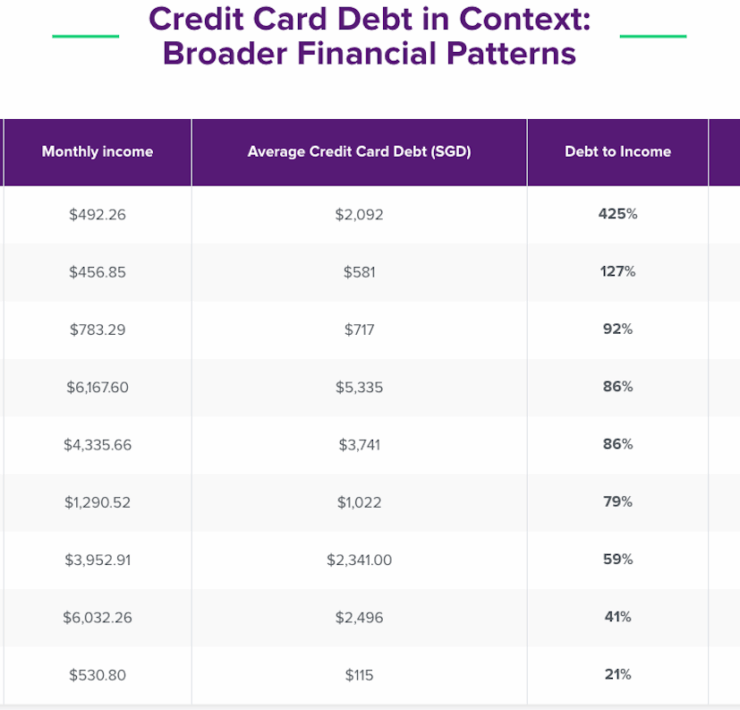Gen Zs emerging as key credit growth driver
The proportion of Gen Z Filipinos who are first-time credit card borrowers grew in 2023, based on data compiled by global insights firm TransUnion, which said that the younger generation is emerging as a major driver of credit.
In a report, TransUnion said young Filipinos born between 1995 and 2010 made up 33 percent of all new-to-card borrowers last year, up from 32 percent in 2022 and the 15-percent share recorded in 2019, or before the pandemic.
Millennials cornered the largest share of first-time credit card owners last year at 46 percent, followed by Gen Xers at 16 percent and baby boomers at 5 percent.
And the Gen Z cohort’s share is expected to increase as they reach adulthood and become more conscious with their money, helping foster financial inclusion among those in younger age groups, TransUnion said.
Weihan Sun, principal of research and consulting at TransUnion, said the credit card market in the Philippines would continue to experience growth as demand remains high, especially among younger consumers. A first-quarter 2024 poll by TransUnion showed that for 98 percent of surveyed Gen Zs, access to credit and lending products is important to achieving their financial goals.
“This generation places a higher importance on accessing credit and lending products to achieve their financial goals,” Sun said.
Opportunity
On the other side, TransUnion said financial institutions should bank on the strong demand for credit cards—not just from young people but also from other age groups who are planning to own cards for the first time—to boost their lending activities and drive greater profitability.In the first nine months of last year alone, the new-to-card segment of borrowers accounted for 30 percent of all outstanding credit card balances, higher than the prepandemic level of 19 percent in 2019. TransUnion partly attributed this performance to value-added services being offered by credit card providers such as reward points, installment payment facilities and discounts associated with cards.
“While it’s an important factor for potential growth opportunities among lenders, bringing new-to-card consumers into the formal financial system can also drive greater financial inclusion by catering to a larger demographic of borrowers,” Sun said.—IAN NICOLAS P. CIGARAL with a report from CZASHAINE MAI T. ABELLA




















